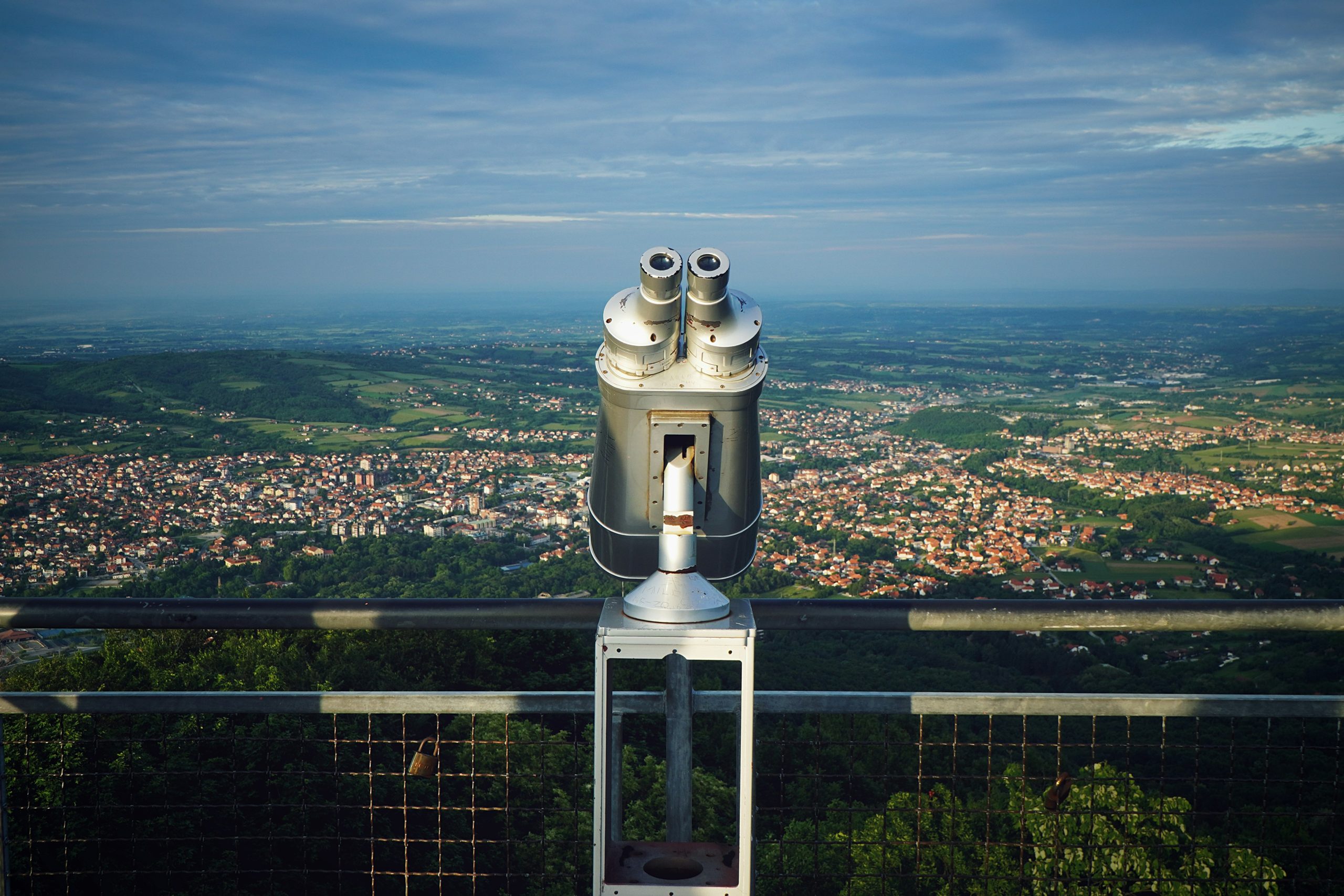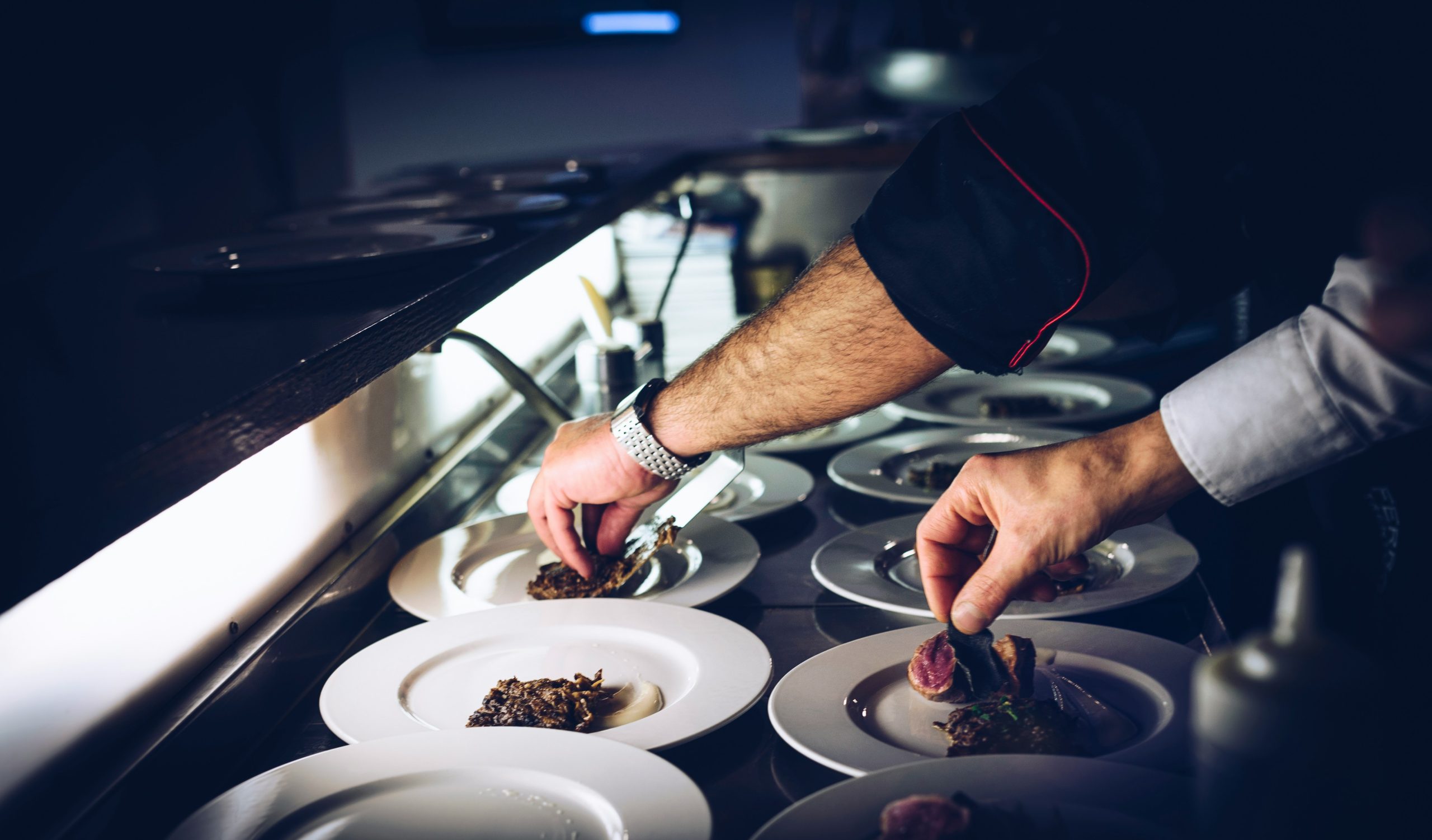Capitalizing influence: entrepreneurs transforming their success into solutions for global challenges
Success in the business world can be measured not only in terms of growth and profitability but also in terms of the positive impact generated for society. Many entrepreneurs have demonstrated that entrepreneurship and philanthropy can go hand in hand, leveraging resources, knowledge, and influence to advance causes that benefit millions of people. A RESPONSIBILITY OF BUSINESS LEADERS In the corporate environment, successful entrepreneurs have strong capabilities for innovation, attracting investment, and mobilizing resources. Consequently, entrepreneurs have a privileged opportunity to address issues and generate significant changes beyond their businesses. Therefore, the true transcendence of an entrepreneur lies in their financial success and the legacy that he or she leaves behind through their impact on society. TRANSFORMING BUSINESS SUCCESS INTO SOCIAL IMPACT Leaders such as Oprah Winfrey, Michael Bloomberg, and Jeff Bezos have taken philanthropy to another level, using their influence and wealth to drive high-impact initiatives. Oprah Winfrey: Beyond her media career, Oprah has built a business empire that she has put at the service of philanthropy. Through the Oprah Winfrey Charitable Foundation, she has supported initiatives in education, humanitarian aid to victims of disasters, and women's and children's empowerment, proving that business success can be a means to transform lives. Michael Bloomberg: The
Global Trends on the Cover of The Economist 2025
Before delving into this topic, which I must admit excites me, I cannot help but mention that The Economist is a media outlet of Scottish origin, founded over 100 years ago (1843). Over time, like any other business, it has adapted and evolved in response to emerging trends. Today, it features dedicated sections on key countries like the United States and China and covers a wide range of topics, including technology, geopolitics, finance, and economics. It is renowned for its objectivity, editorial independence, and timeliness. Additionally, its distinctive covers also set it apart. Each year, The Economist releases its annual cover, which typically highlights global trends and topics of interest. These covers often focus on areas such as economics, politics, technology, and science, among other timely and relevant subjects. Undoubtedly, a significant part of the publication’s prestige stems from the accuracy of its predictions, which have garnered worldwide influence. Leaders, students, professionals, and others eagerly anticipate these covers, as they often highlight critical issues that set the tone for the year ahead. A notable example is the 2020 cover titled "The Next Catastrophe (and How to Survive It)", which was linked to the COVID-19 pandemic and its global impacts. These cover pages
Coworking: The Booming Market Every Entrepreneur Should Take Advantage
In recent years, we’ve witnessed a significant transformation in work models, particularly remote and hybrid work, which gained prominence between 2019 and 2020. This shift was largely a "forced" solution in response to the Covid-19 pandemic, as many businesses adopted these methods to continue operations, even in industries where the nature of work made remote operations challenging, such as certain areas in the financial sector that require stringent security measures. What began as a temporary measure has evolved into a permanent trend. In fact, hybrid and remote work have experienced growth of over +100% compared to previous years. According to a Forbes report, the coworking industry is projected to see impressive growth of up to +224% by the end of 2024. Notably, coworking spaces are not only used by digital nomads but are also becoming a cost-effective solution for companies seeking to optimize operational expenses with more flexible models. In 2024, several countries stand out for their remarkable growth in the coworking sector. The United States recorded a 2% increase during the second quarter of the year, while Spain showed an impressive 70% growth compared to 2023. Meanwhile, Mexico reported a 30% increase. These data underscore a clear opportunity: coworking is not just
Millionaire Opportunities: How Great Entrepreneurs Turned Needs into Profitable Businesses
It’s no secret that great businesses arise from needs reflected in our daily lives. In many cases, what starts as a "challenge" turns into a business opportunity. A few months ago, we discussed green businesses, which were born from environmental issues, affecting specific sectors, creating economic challenges, such as the case of sargassum and its impact on tourism. Today, I want to share the story of a young entrepreneur, yes, a young one, just 11 years old. Her name is Lily Born, and a few years ago, she developed a special cup known as the Kangaroo Cup, designed for people with Alzheimer’s. Before becoming a business proposal, her idea came from a personal need: her grandfather, who suffers from Parkinson’s disease and had difficulty doing simple things like drinking water. What started as a solution for her grandfather turned into an invention that has improved the lives of thousands of people. Lily Born’s case is a clear example of innovation, active listening, and observing current needs. Sometimes, we think innovation lies in something completely new, when, in reality, many times opportunities are in needs we have right in front of us that, for years, we haven’t noticed or used as a base
From Plate to Passport: The Most Exclusive Culinary Experiences of 2024
Luxury gastronomic tourism is emerging in 2024 as a standout trend, transforming the way travelers experience the world. In a setting where more people are seeking authentic and exclusive experiences, gastronomy becomes the ideal gateway to connect deeply with local culture. For those who value details, luxury tourism offers much more than exceptional dishes; it’s a journey through flavors, stories, and traditions. In iconic destinations like France, Italy, and Japan, dinners at Michelin-starred restaurants are more than a meal: they are carefully orchestrated events that allow visitors to experience the talent and creativity of renowned chefs. This level of exclusivity, where each dish tells a story, is a form of luxury that especially appeals to the curious traveler. Additionally, cooking classes and wine tours provide an opportunity to experience gastronomy in a hands-on and personalized way. In my opinion, this combination of haute cuisine with interactive activities is ideal for those who wish to explore a place with all their senses. Visits to wineries in regions like La Rioja or Napa Valley allow guests to appreciate the art of winemaking, while sustainable gastronomic experiences reflect an increasingly important ethical and environmental commitment in the industry. Luxury gastronomic tourism, with its focus on authenticity
Trends in Sustainable Tourism Investments 2024
Sustainability has evolved becoming a strategic key in tourism. In 2024, investments in sustainable tourism are focused on promoting low-impact environmental experiences that generate value for local communities. As an observer of this sector, it’s exciting to see how these investments not only address current demands but also envision a tourism model that balances economic growth with environmental respect. The demand for authentic and wellness-focused experiences is becoming increasingly relevant. Investors are betting on wellness retreats, nature-based activities, and cultural experiences. This approach not only enriches tourism but also enables a deeper connection with each destination’s identity, offering something unique and environmentally respectful. The shift toward renewable energy in tourism infrastructure is booming, promoting destinations that minimize their carbon footprint. This commitment to sustainability is key, positioning the industry as a leader compared to others. By reducing resource consumption, destinations become more attractive and aligned with the values of today’s travelers. These implementations not only benefit the environment, but also support the local economy throughout the year. It is certainly an example of how companies can adapt to reduce their impact without losing profitability.
Destinations of the Most Exclusive Latin American Bars
Latin America has established itself as an epicenter of global mixology, with bars that stand out not only for their innovative offerings but also for the ambiance and design that make them luxurious experiences. The curiosity to explore these destinations is almost inevitable for those like me who seek to discover talent, creativity, and local traditions through cocktails. From a business perspective, it is fascinating to see how these venues have successfully blended cultural identity with high-end mixology, creating a product that appeals not only to locals but also to an international audience. These exclusive destinations appear on top international award lists and are must-visit stops for mixology enthusiasts and travelers in search of unique spots, reinforcing the investment and expansion potential that businesses of this caliber have on a global scale. Handshake Speakeasy – Mexico City; Mexico Located in Colonia Juárez, this bar holds the title of Best Bar in the World in 2024. Handshake Speakeasy has gained global attention for its signature cocktails in an atmosphere reminiscent of the elegance of the 1920s. Guests enjoy an elevated mixology experience where each drink is meticulously crafted and presented. Tres Monos – Buenos Aires, Argentina; This iconic bar in the Palermo neighborhood
The Rise of Sustainable Business Models: Opportunities for Investors and Entrepreneurs
In a world increasingly aware of sustainability, business models that integrate environmental, social, and governance (ESG) criteria are gaining advance and transforming the dynamics of the global market. From energy efficiency to eco-design, these models are proving that it is possible to be profitable while contributing to a more sustainable future. For entrepreneurs and investors, this trend represents a unique window of opportunity to grow and stand out. During 2024, regulatory advancements and shifts in consumer expectations have accelerated the adoption of sustainable practices. According to the United Nations Global Compact, companies are placing sustainability at the core to comply with new regulations and attract consumers who are increasingly interested in responsible brands. This trend has created an ecosystem where sustainability is not merely an “added value” but a starting point for innovation and competitiveness. For investors, sustainable business models offer attractive investment opportunities. The demand for sustainable projects in key sectors, such as renewable energy, has boosted the market value of these companies. Additionally, thanks to technological advancements, it is now easier for companies to monitor and reduce their environmental impact, which attracts even more capital to the sector. On the other hand, there is renewable Energy, the energy transition continues to accelerate,
The Importance of Building Lasting Connections: An Essential Strategy for Business Growth
Building authentic and strategic connections becomes essential for entrepreneurs with long-term projections. Beyond traditional professional encounters, this process is about intentional, ongoing practice that opens doors to new knowledge, business insights, and exclusive opportunities. Genuine connections with professionals across various sectors not only enrich business vision but also strengthen resilience and adaptability to market changes—crucial aspects for sustained success. In this context, the right connections can become an invaluable source of ideas, innovations, and resources that fuel mutual growth. Moreover, strengthening a professional network requires identifying those with whom to collaborate purposefully along the business journey. This means going beyond immediate contacts to include sectors or profiles that, while different, can be strategically complementary. For many entrepreneurs, this diversity in connections broadens business reach, offers a more holistic perspective, and facilitates access to opportunities that might otherwise be out of reach. Maintaining and adding value to each relationship over time is key to building this network sustainably. The focus is not only on what others can offer but also on how one can contribute meaningfully whether through active listening, supporting shared initiatives, joint projects, or exchanging specialized knowledge.
The Synergy Between Fine Dining and Global Restaurant Operations: Chef Richard Sandoval’s Success Case
On the road to business success, opportunities and passions don’t always emerge predictably. Sometimes, life’s circumstances and decisions take us in directions we could never have imagined, leading us to discover new vocations and ventures. As a gastronomy enthusiast, I’m drawn to exploring cases where strategic vision and adaptability drive a story of success. Recently, I came across the inspiring story of Mexican chef Richard Sandoval, whose career embodies a unique entrepreneurial transformation. Surprisingly, Sandoval didn’t start his career in the kitchen like many chefs. Initially, his main interest was sports—specifically tennis—and it wasn’t until later, due to unforeseen events, that he discovered his true passion for gastronomy. Chef Sandoval has transformed that passion into a global operation that combines culinary excellence with an ambitious business strategy. Throughout his career, Sandoval has received accolades that attest to his contributions to fine dining, including the prestigious National Toque d'Oro, one of Mexico’s most esteemed awards. Furthermore, his impact on the industry has been recognized in outlets like Inc. Magazine, where he was named one of the “10 Most Inspiring Business Leaders,” a notable achievement in the restaurant world and a testament to how he has leveraged every opportunity to grow and expand










